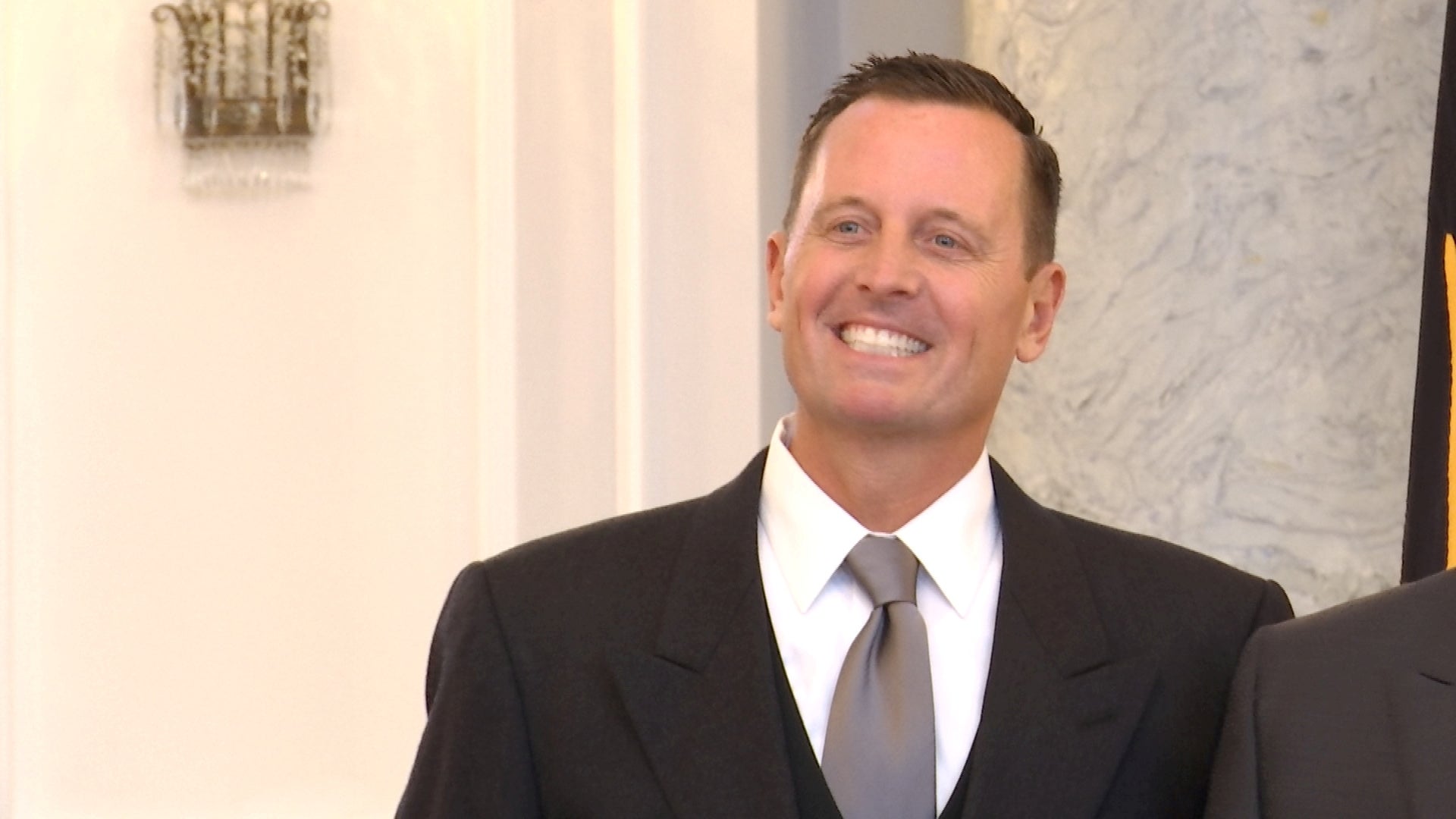The US envoy offers German car bosses a tempting tariff deal: Scrap them
The US may have been accused by China of “opening fire on the world” with its punitive trade tariffs, but it looks like officials may be making more progress in Europe’s largest economy Germany.


The US may have been accused by China of “opening fire on the world” with its punitive trade tariffs, but it looks like officials may be making more progress in Europe’s largest economy Germany.
Richard Grenell, the US ambassador to Germany, has caused quite a stir since he arrived in Berlin in May, lecturing German companies to stop trading with Iran, and saying he planned to “empower” anti-establishment conservatives in Europe. However, with the threat of punitive US tariffs on its cars looming, Grenell certainly has the attention of Germany’s powerful car bosses.
German business daily Handelsblatt reports (link in German) that Grenell met Daimler CEO Dieter Zetsche, BMW CEO Harald Krüger, and VW CEO Herbert Diess on Wednesday evening to discuss both sides abolishing all tariffs on each others car imports. Right now, the European Union adds a 10% tax on imported US cars, and the US puts 2.5% on EU car imports, and is threatening to ramp that up to 25%. As part of the deal, president Donald Trump would reportedly want German carmakers to invest more in the US.
Last night’s meeting was not the first time the carmakers and Grenell have talked about abolishing two-way tariffs. The Wall Street Journal (paywall) reported on June 20 that the ambassador had been meeting with all Germany’s most important car companies, and that they were already behind the idea.
Chancellor Angela Merkel is worried about the damage a car trade war could do to one of Germany’s core industries. “We now have tariffs on aluminum and steel and we have a discussion that is far more serious,” she told parliament, referring to auto tariffs. “It’s worth every effort to try to defuse this conflict so it doesn’t turn into a war.”
Last week, BMW warned in a letter to US commerce secretary Wilbur Ross that if Washington went ahead with its plan to impose tariffs on German cars, then it could be forced to cut investment and jobs in the US. BMW said more than 70% of the cars produced annually at BMW’s plant in South Carolina are sold to other export markets.
Grenell’s maneuvering is in keeping with his boss’s love of striking individual deals rather than interacting with large organizations with lots of regulations. However, it may not be as simple as just scrapping duties on both sides. If the EU were suddenly to do that it could potentially run afoul of the World Trade Organization rules governing its import tariffs on other member countries.